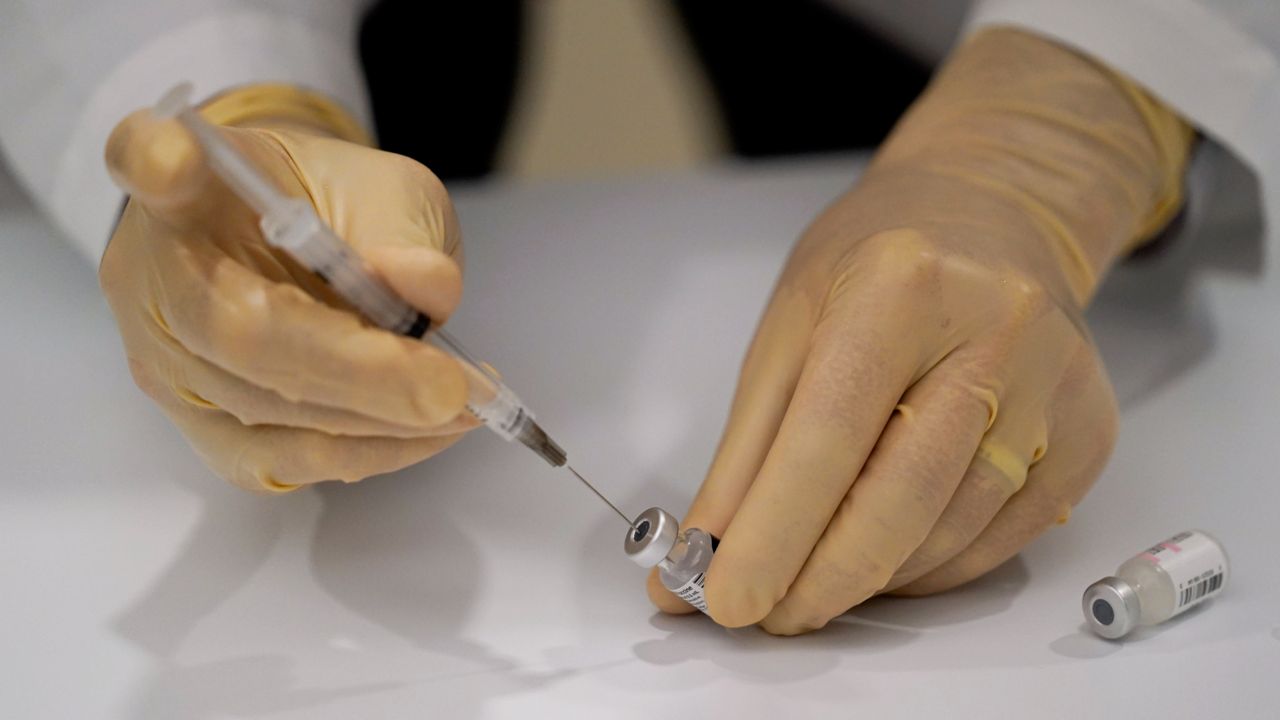CLEVELAND — The history of racism and abuse in medicine has led to a distrust between parts of the black community and doctors.
“Medical apartheid as it pertains to blacks and African Americans started from slavery all the way to modern day health system,” Dr. Tosin Goje said.
Many point to the 40-year long Tuskegee Study as a reason for hesitancy over the COVID-19 vaccine now.
Beginning in 1932, 600 African American men in Alabama were unknowingly part of an experiment where they went untreated for syphilis.
It is against that backdrop that public health officials are trying to persuade everyone to take the COVID-19 vaccine.
“People may be a little concerned that, they hope this is not another experimentation,” said Goje said, an OBGYN who specializes in infectious diseases in women at the Cleveland Clinic.
"What should be done is there should be more transparency. Talk about the population that was studied and let people know that people of color were in this study and that way people will be more reassured that this is the way to go. The COVID vaccine is the way to go," she said.
Yvonka Hall is the executive director of the Northeast Ohio Black Health Coalition.
For 26 years, Hall has worked to achieve health equity among the AfricanAmerican and black population.
"We have to make sure that our approach to COVID and our approach to this vaccine goes from the grasstops to the treetops. Like we have to make sure that we are including people on the bottom because that’s the only way this is going to work,” Hall said.
It’s been widely documented that people of color have disproportionately been impacted by COVID-19, and the fight isn’t over.
Hall wants more reliable information about the vaccine in order to build trust.
"It's not so much disinformation, it's people aren't as informed as they should be. Our medical community is so busy trying to push the vaccine, but they're not pushing the education around the vaccine and for me education is so important because that's what will drive the public to making sure that they're getting the vaccine," Hall said.
Goje says she plans to take the COVID-19 vaccine.
"As a woman of color, we are not anti-vaccine. There’s a difference between being anti-vaccine and being hesitant or being concerned. There is a difference," she said.









